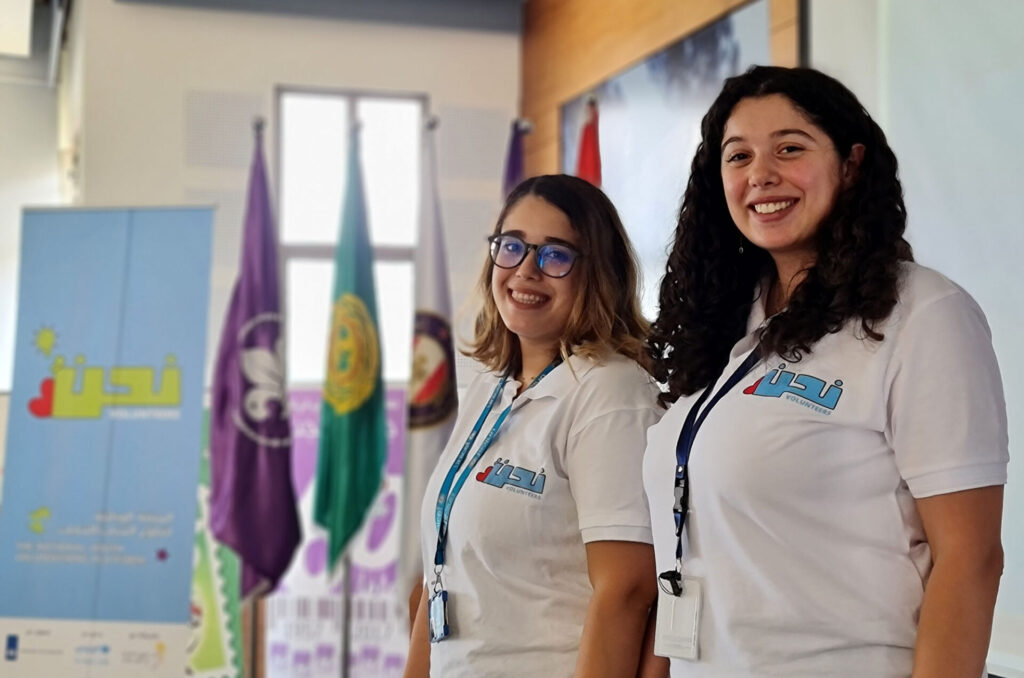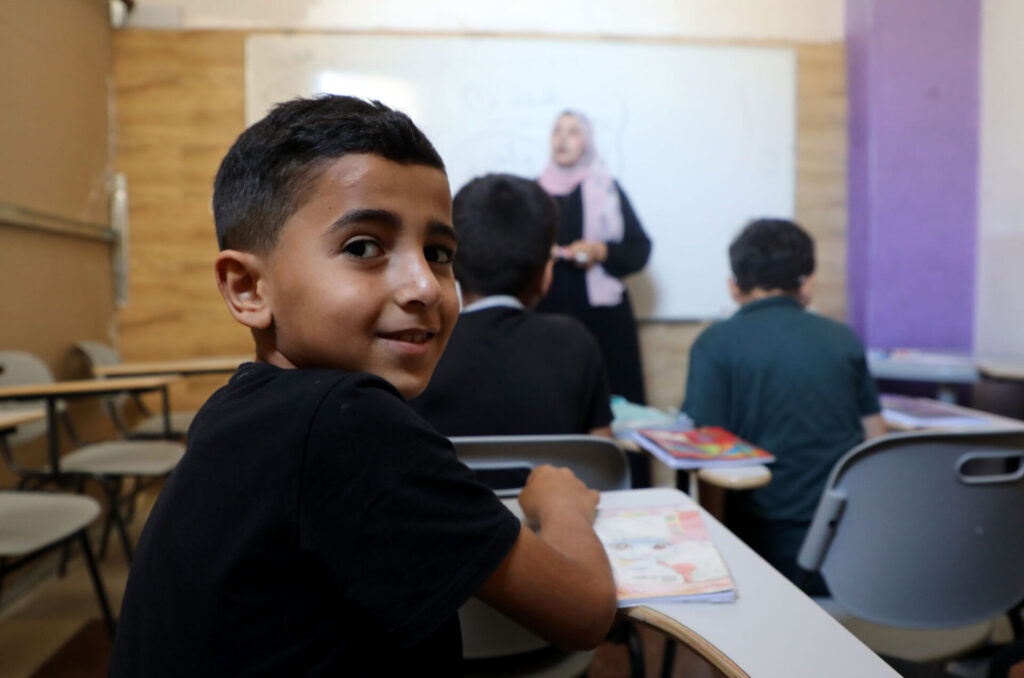Jun, 2022
Even vital IV fluids are hard to find during Lebanon’s economic crisis
As Lebanon’s crisis continues to impact living conditions across the country, residents of Palestinian refugee camps are among the hardest hit. Camp residents live in dire conditions with minimal services. They face even more challenges dealing with a failing public health service.
Talal Farhood is head of the nursing department of Al Nidaa Al Insani Hospital in the southern city of Sidon.
“We work with the Palestinian community from Ein El Hilweh refugee camp and the crisis has affected us heavily. We have trouble guaranteeing basic medical supplies. Luckily, I have been working with some international organizations to receive aid.”
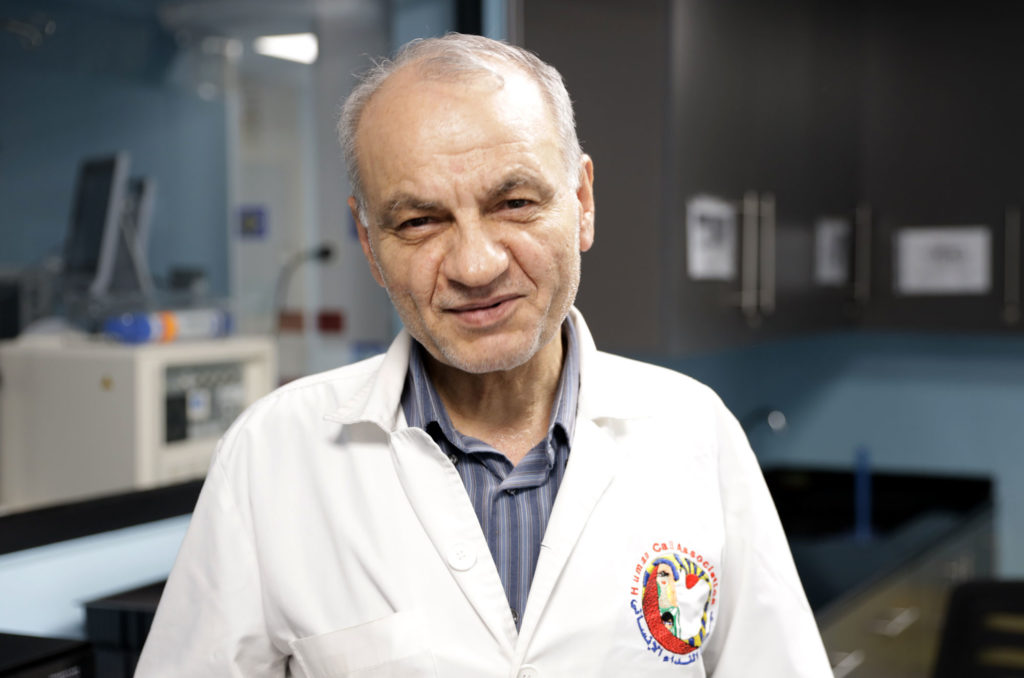



"We have trouble guaranteeing basic medical supplies."
Hospitals in Lebanon today face many challenges, from paying staff to locating and purchasing medicines and medical supplies. One critical shortage is saline solutions needed to administer medication intravenously. Lactated ringer solution (LR) is an intravenous fluid that replenishes fluids and electrolytes lost due to dehydration or surgery, bleeding, vomiting or diarrhea. It helps patients with low blood volume or low blood pressure. IV solutions are also needed to reverse acidemia caused when severe infections spread to the bloodstream.
Anera coordinated with its long-time donor Americares to respond to the shortage. Americares promotes health and development around the globe. The non-profit donated NaCl and LR solutions that Anera has distributed to several government hospitals across Lebanon.
Al Nidaa Al Insani Hospital provides healthcare at very low cost for poverty-stricken residents of Ein El Hilweh camp. Head nurse Talal Farhood says the donations like the IV solutions help the hospital provide good care despite all the financial constraints.
“Our services are not completely free, but thanks to donations like this we can treat patients at extremely low prices to make sure the community is well-cared for, since so many are dependent on us.”
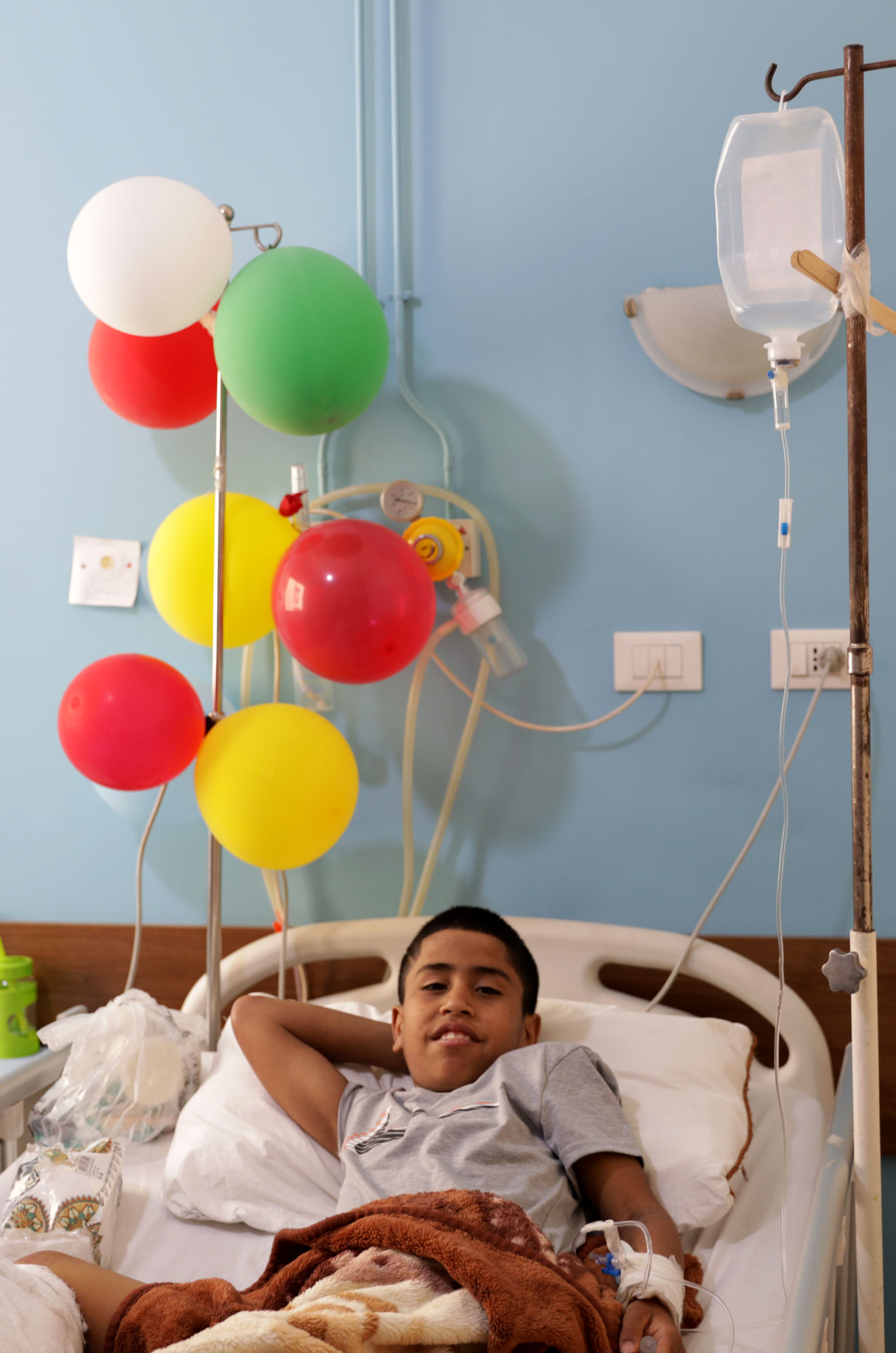

Hospital manager Nihaya Qadura acknowledges that their limited resources make it hard to function.
“We are unable to hire top-quality surgeons and nurses because we cannot afford to pay them. Most professionals would rather emigrate and secure their finances to support their families, rather than work at the refugee camp and earn less than $50.”
Nihaya has been working at the hospital since 1986 when it opened as a private home and then turned into a medical dispensary and clinic. “Eventually, we expanded and opened an emergency clinic and became a full-fledged hospital, complete with surgery. We’re the only hospital available for camp residents. Helping our patients is what gives us joy.”
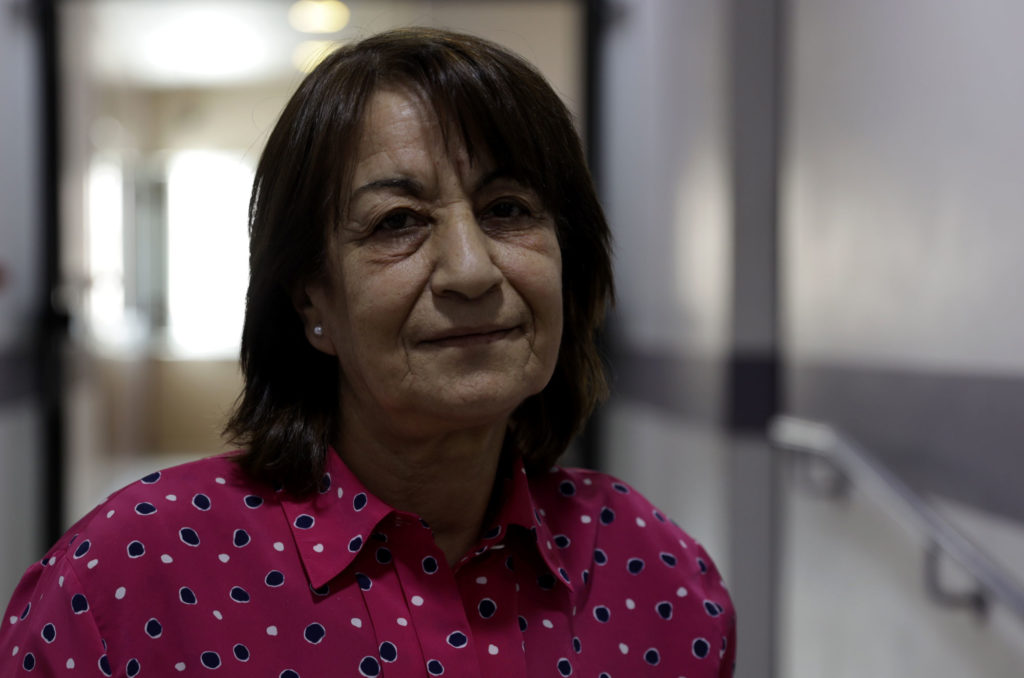



"We’re the only hospital available for camp residents."
Anera is concerned about Lebanon’s deteriorating healthcare services at a time when so many government hospitals are reaching out for help. Hospitals now depend on donations for fuel, medicine, medical supplies, and more, just to keep their doors open.
Anera’s medical donations program manager Lina Atat recognizes how dire the situation is. “Hospitals have to ration their services and prioritize patients," she says. "Patients now can die of treatable and simple diseases, just because the hospitals don’t have electricity, medicine, supplies, or staff.”
Every day, Lina bears witness to the frustration of doctors and nurses who are committed to treating patients but lacking the resources for the quality care they used to provide before Lebanon’s economic collapse. That is why humanitarian organizations like Anera and its partners remain committed to helping the vulnerable, especially during such difficult times.

